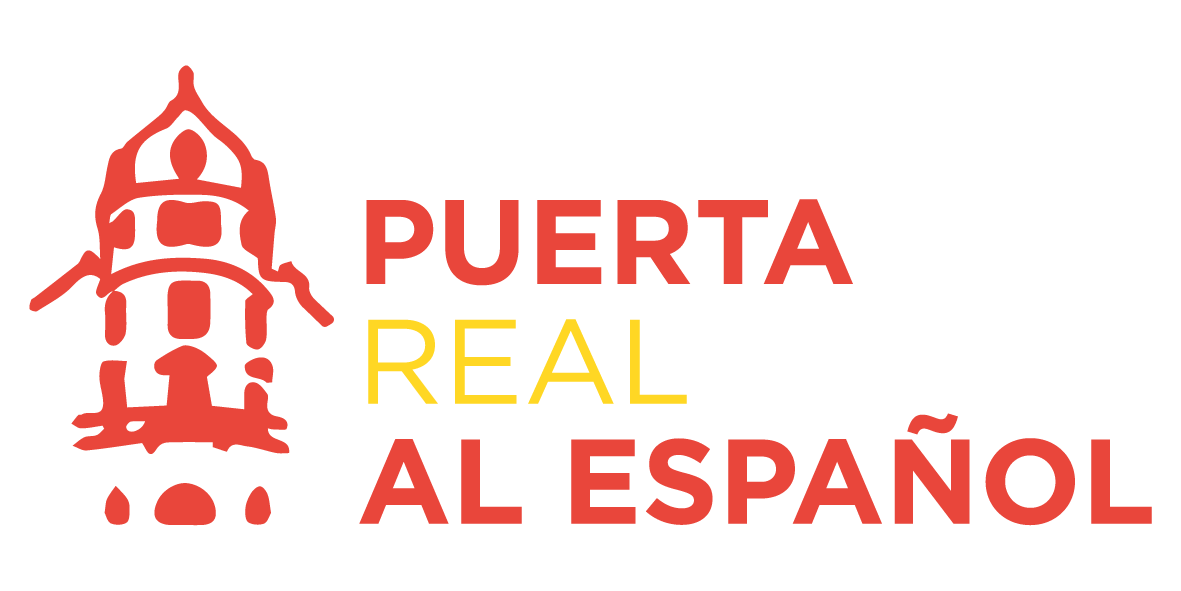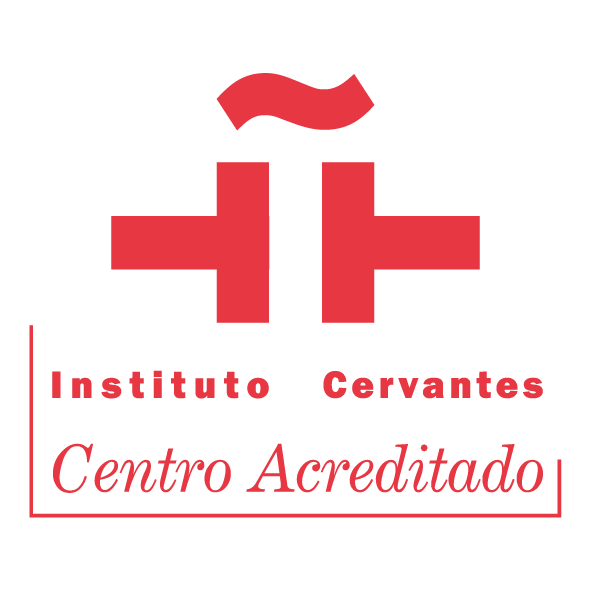These are the requirements to study in Spain if you are a foreigner
Study a degree in Spain is such an interesting opportunity for students all over the world. This article is the essential guide to understand the requirements and make it true. Here you will find key information and the steps to be followed in order to make the process as easy as possible.
In addition to knowing the requirements, it is crucial that you have information about your degree and the educative institution, as the criteria you will be asked for change according to this. You should also remember that each autonomous community has its own admission standards and it is possible for universities to have their own additional requirements.
Requirements to study in Spain if you are a foreigner
These are the steps you have to follow to study in Spain and that we will explain in this article:
- Complete your secondary education or baccalaureat.
- Validate your studies according to the Spanish educative system.
- Make sure your passport is valid and your personal identification documents are updated.
- Get ready and take the PCE (UNED) exams or international EBAU.
- Fill in your inscription at the university you want to study.
- In case you don’t have the European nationality, get an appropriate student VISA.
It is also important to:
- Ensure your academic documentation is legal, which can include the Apostille Certificate, homologation and translation, as well as handing in the UNEDasiss if necessary.
- Have a medical insurance for your time in Spain.
- Have a travel insurance for your journeys and primary stay.
- Have a Spanish address, where you will stay while you study.
- Prove that you have the money for your living, taking into account that the minimal amount could vary depending on the consulate and your country of origin.
- If you apply for a student VISA, remember that the requirements vary according to your nationality.
Let’s see all the steps!

Finish your baccalaureate
In Spain, all students must pass their baccalaureat and a University access exam, known as Evaluación para el Acceso a la Universidad (EBAU), formerly known as Selectividad, to start studying at University.
Depending on the country of origin, this certificate may need an homologation to ensure it meets the standards of the Spanish educative system. Besides, for students from non-Spanish speaking countries it is necessary to officially translate the baccalaureat certificate into Spanish. Thisoce prdure is crucial to proceed with the rest of steps and start your studies at university.
Validating your documents
Students wishing to access Spanish universities, apart from having finished the secondary education, must apply for a validation of those studies. This process validates the equivalence with the Spanish educative system and has several important steps:
- Application: You need to fill in your application in the Spanish Ministry of Education, Culture and Sport. You can do this in Spanish embassies or consulates in any foreign country.
- Documentation: You need to hand in some documentation, such as the certificate you want to validate and your academic certificates. All these documents must be legal and you may be asked to have them translated into Spanish.
- Evaluation. The Ministry will determine if the foreign certificate is equivalent to the Spanish one, in academic level as well as length.
- Resolution. After evaluating your personal case, a resolution declaring the equivalence (or not) will be issued.
Passport or TIE
The identity documentation to study in Spain includes the passport or identity card, the student VISA and, if you need a long stay, the NIE and TIE.
Even though the citizens from the European Union and some countries which are not members of the EU but have close links with it can use their national identity card to enter in Spain, the students from other countries ned a valid passport. Besides, remember that these documents must be valid at least three months after you plan to return to the country of origin.
If you are staying in Spain for more than 90 days, it could be interesting to know the difference between the NIE (Identification Number for foreigners) and the TIE (Identity Card for foreigners). Both are key documents for foreigners, but their purposes and characteristics are different:
- The NIE is a unique number assigned to each foreigner who carries out procedures in Spain, including studying. This number is essential to accomplish a variety of procedures, such as opening a bank account, signing contracts and other legal procedures. It is also permanent and is assigned even if the permission is not approved.
- The TIE is a physical card that includes personal information, a photography and the owner’s NIE. It is given to foreigners who have a permission to stay in Spain for more than six months, and it shows the legality of your stay in the country.
This card is compulsory for you to stay more than 6 months and you must apply for it during the first month you are staying in the country. So, if you are only staying 3 to 6 months, a NIE will be enough.

Different VISAS to study in Spain
In Spain, there exist two main relevant categories of VISAS: the Student Visa and the Tourist Visa.
Student VISA
The Student VISA is specifically for those people who wish to study or carry out research projects, courses or internships in Spain. There are two main visas: the short-term VISA (for staying from 91 to 180 days) and the long-term one (for staying more than 6 months). It is important that you don’t have criminal record and you count on a medical insurance to apply for this VISAS. You will also need to prove you have enough money and an acceptance letter from the Spanish educative institution you wish to enter.
Tourist VISA
Although it is not specific for your studies, a tourist VISA allows the citizens outside the European Union to travel and stay in Spain and the rest of the Schengen countries for a maximum period of 90 days to 180 days. This VISA is adequate for short-term courses or summer courses. However, it is not valid for long-term studies or for those which require a stay longer than 90 days.
Medical insurance
A medical insurance is essential to guarantee the wellbeing and safety of the students while they stay in a foreign country. These are the reasons:
- Legal requirements: Many countries, including Spain, ask their international students for a valid medical insurance as a requisite for obtaining the VISA and the residence.
- Financial coverage: A medical insurance offers financial coverage for unforeseen medical expenses, such as visits to the doctor, treatments, hospitalizations and emergencies.
- Access to health services: It allows access to a wide variety of health services and specialists, which is crucial in a foreign country where the medical system can be different from the country of origin.
- Safety and peace: Having a medical insurance offers peace, as you know you are protected against any medical problem you may face during your stay.
Educative institutions requirements: Some universities and schools require international students to have a medical insurance as part of their admission policies.
Travel insurance
To have a travel insurance is a great decision for foreigner students who come to Spain, as it offers comfort when it comes to face unforeseen problems such as medical emergencies, flight delays or cancellations or problems with your luggage. What’s more, having a travel insurance may be a compulsory requirement for some types of student VISAS.
Address in Spain
International students must have a fixed residence in Spain for several reasons:
- It is a requirement to enrol at university.
- It is essential for applying for documents such as the NIE and the TIE.
- Is it necessary to open a bank account, among other administrative procedures.
Because of these reasons, looking for an appropriate accommodation, no matter if it is a student residence, an apartment or a share flat, should be one of the first steps when planning your stay in Spain.
Money in your account
To study in Spain as a foreigner, it is important to prove financial solvency, as this is a key requirement for obtaining a student visa. This step ensures that you have the necessary financial means to support your stay in the country. To do this, you can present your last three stamped bank statements, salary statements, or documentation of educational credits or scholarships.
If you are financially dependent on a family member, an apostilled notarised statement from the family member is required, along with bank statements and proof of income. It is essential that all financial documentation is consistent and clearly justifies the origin of the funds, complying with the guidelines of the General Consulate of Spain. The amount to be demonstrated must be equivalent to 100% of the IPREM for each month of stay, thus ensuring that your basic needs are covered during your study period.

Frequently asked questions
Below, we will address the most common questions and provide clear and concise answers to ease your preparation for studying in Spain.
What level of Spanish is required for university?
To study at a university in Spain, students from countries where Spanish is not the official language must demonstrate a command of Spanish at level B2 according to the Common European Framework of Reference for Languages.
Can I study in Spain with a passport?
Yes, international students can study in Spain with a valid passport. For those from outside the European Union, a passport is an essential requirement to obtain the necessary student visa to study in Spain.
Is it possible to work in Spain on a student visa?
Yes, it is possible to work in Spain with a student visa, although there are certain restrictions. International students can work part-time or in jobs that do not interfere with their studies. In addition, the number of working hours allowed is usually limited, generally to a maximum of 20 hours per week. It is important to note that any work must be compatible with study schedules and not affect academic performance. To work legally, the student must obtain a work permit, which is usually arranged by the employer.


